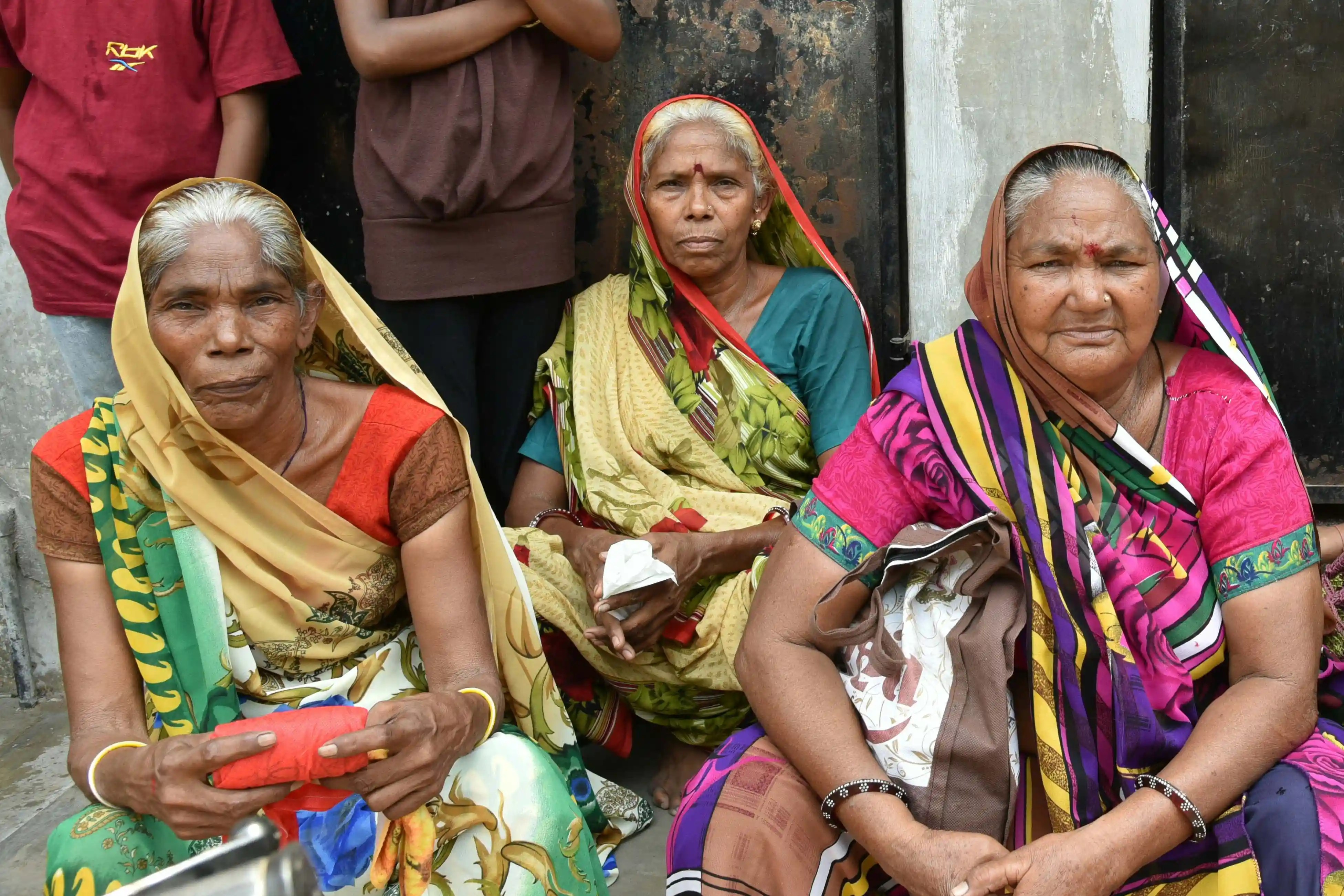Is It Ever OK for a Missionary to Lie?

Telling a lie is viewed as unacceptable in almost all religious and secular belief systems. Christianity is firmly opposed to lying. The terms “bearing false witness” or “lying” are frequent themes in both the Old and New Testaments. From Genesis to Revelation liars are treated harshly (Ps. 5:6, Rev. 21:8) and hated by God (Prov. 6:16-19).
Frequently, those who answer God’s Great Commission (Matt. 28:18-20) find themselves interacting with governments, cultures, or individuals that are openly hostile to the saving gospel of Jesus Christ. Many missionaries are put in positions where they must contemplate lying in order to maintain their ministry, avoid punishment, or preserve life.
Scripture and Christian prudence tell us lying is a weighty issue that should be approached with great prayer and study. Lying is always a sin and never condoned by God. However, it can be acceptable for missionaries to lie to bring glory to God and further His kingdom.
Biblical lies
In Exodus 1:15-21, the Hebrew midwives, Shiphrah and Puah, were instructed by the king of Egypt to kill all the sons born to Hebrew women. The midwives feared God and did not do what the king had instructed. When the king confronted them the midwives stated they weren’t killing the boys because the Hebrew women were giving birth before the midwives could show up to assist. Scripture then says, “So God dealt well with the midwives” (Ex. 1:20a). A verse later Scripture says, “And because the midwives feared God, He gave them families” (Ex. 1:21). God was glorified by the results of lies.
In Joshua 2, Joshua sent two spies to Jericho. The spies stayed at Rahab’s home where she hid them. When confronted by the king’s men Rahab lied about hiding the spies and then deceived the king’s men into looking outside the city. Rahab acknowledged Yahweh as the true God, then schemed with the spies to save herself and her family. When Joshua destroyed Jericho he killed all in the city except Rahab and her family (Josh. 6). The authors of both Hebrews and James mention Rahab favorably and her faith in God is remembered (Heb. 11:31). God hates lies, but the results can bring Him glory.
In 1 Samuel 16:1-5, God instructed Samuel to anoint Jesse’s son. When Samuel protested for fear of Saul’s reprisal, God instructed Samuel to “Take a heifer with you and say, ‘I have come to sacrifice to the Lord’” (1 Sam. 16:2b). When the elders confronted Jesse and his heifer he did as the Lord instructed then invited Jesse and his sons to the sacrifice. God gave Samuel a second truth to hide the first truth.
In 2 Chronicles 18:18-22, Micaiah saw the Lord raising forces for divine battle. In planning for the death of Ahab and the defeat of the army the Lord was offered and accepted the services of a lying spirit to enter the mouths of the prophets to cause confusion. Scripture says, “the Lord has put a lying spirit in the mouth of these your prophets” (2 Chron. 18:22). This is a difficult passage for those who believe lying is always wrong.
Present day examples
Visas – In order to enter most countries a foreigner is required to receive an entry visa. Some countries refuse entry to religious workers or people attempting to share their faith. Missionaries have been known to request “tourist” visas or list themselves as “teachers” if they are pastors. Providing most of the truth and withholding some of the truth in order to advance the gospel is supported in Scripture.
Bribes – What we call bribes in the West, the bulk of the rest of the world considers a daily way of life. Many taxi drivers, business owners, and delivery personnel in other cultures make it a point to carry small bills in anticipation of being asked for money by government officials. A distinction must be made in the difference between paying a bribe to be left alone versus paying a bribe to advance your status. In the rest of the world, the former is a way of life, while the latter is contrary to Scripture.
Tent Making – In order to get inside “closed” countries, some missionaries represent themselves as teachers, business owners, or relief workers. They hold back their full intentions in order to conceal their Christian proselytizing from hostile governments or citizens. If a Christian missionary represents himself as an English teacher, he should regularly teach English as well. Flat out lying is wrong, but as God instructed Samuel, creating an acceptable reason to enter a hostile environment so God can be glorified in your other activities is acceptable.
In the trenches
Misleading behavior may not be desirable, but in many cases it may be necessary behavior for missionaries who must disguise themselves in order to more effectively proclaim the gospel and live in cultures that are hostile to their God-honoring purpose. To many, lying is a black and white issue. However, lived and practiced in an imperfect world surrounded by sinful humans, missionaries must use situational ethics and a Christ-centered heart to determine if their words or actions bring greater glory or dishonor to God.
The weighty ethical dilemmas faced by Christians surrounding the issue of lying should be approached with great prayer and biblical study. Christian missionaries face the additional burden of attempting to contextualize Scripture in their adopted culture while continuing to carry the burdens placed on them by their home culture. If lying is not a black and white issue, cultural ambiguities blur the lines even further for missionaries. Lying is always a sin and is never condoned by God. However, it can acceptable for missionaries to lie in order to bring greater glory to God and the advancement of His kingdom.
Mike Pettengill has served with MTW in Honduras and Equatorial Guinea. He is now the director of MTW’s West Coast office.








